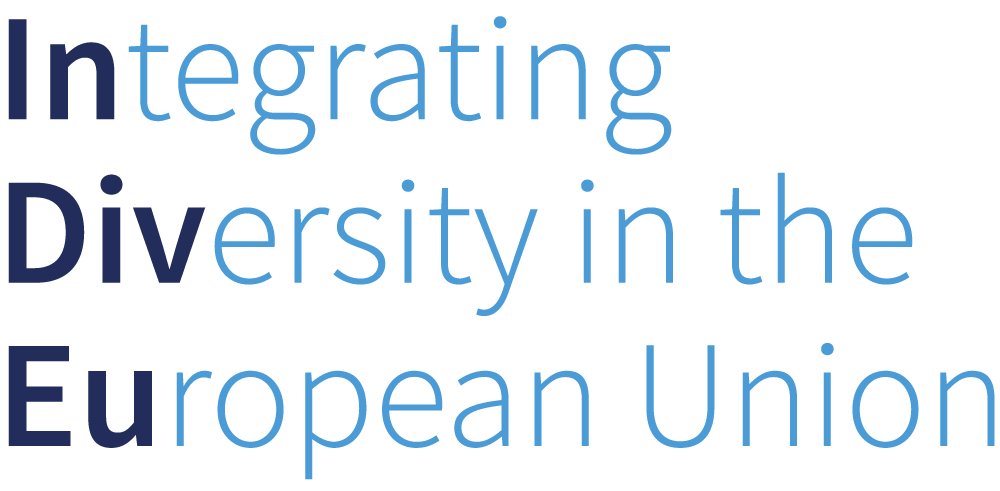Marta Migliorati (Hertie School)
Differentiated Integration (DI) is a long-lasting feature of the European Union (EU). For a long time, and especially in the post-Maastricht era, EU integration has been characterised by multiple „speeds“ and „menus“. Even now that the champion of differentiation, the UK, has left the club for good, rules do not apply uniformly to all Member States. In particular, when it comes to the integration of sovereignty-sensitive areas (or „core state powers“) such as monetary policies, internal affairs and defence, differentiation endures. Sweden and Denmark´s opt-out from the Eurozone, Denmark´s opt-out from Justice and Home affairs and Defence and Ireland´s opt-out from the Schengen Area are examples of this tendency.
Differentiation exists, it is clear. However, what does differentiation really imply? Is Treaty-level differentiation matched by differentiation at the policy-making stage? One may expect, once opt-outs are established, that “laggard” states are left on the sidelines, while the rest of them proceed with further integration. The EU grows more and more diverse as the processes of differentiated integration replace unified integration.
Upon closer inspection, however, the policies enacted by countries with an opt-out can vary greatly and, eventually, be closer to EU norms than might be suggested by the characterization of the EU as a durably differentiated system. To name a few examples, the UK (before Brexit) and Ireland contributed financially to the European Border Agency Frontex for over a decade, although they opted out from the Frontex regulation. Denmark, which enjoys a full opt-out from Justice and Home Affairs (JHA) has negotiated far-reaching agreements with Europol and Eurojust to compensate for its recent loss of membership in the EU law-enforcement agencies. Similarly, during Brexit negotiations, the UK attempted to obtain preferential treatment in police cooperation through Europol.

How to explain this divergence? Starting from the observation that differentiation in core state powers often derives from pressures exerted by public opinion upon policy-makers in a context of domestic politicisation (i.e. “postfunctional pressures”), the question is about what happens if the opt-out state finds itself in a situation in which it would beneficial to actually participate in those policies (“functional pressures”). In short, what if there was a way to “reintegrate”, into the policies from which they opted out? A detailed reconstruction of the case of Denmark in Justice and Home affairs helps understand how the juxtaposition of postfunctional pressures and functional incentives encourage reintegration practices.
In 1992, Denmark negotiated the Edinburgh agreement and successfully obtained opt-outs from Justice and Home Affairs, Economic and Monetary Union (EMU) and defence. As the majority of Danish elites were considerably in favour of the Maastricht Treaty in its original formulation, (i.e. without opt-outs), the opt-out was a rather obvious “postfunctional” response to public rejection of further integration.
While this action did not bear immediate and practical implications in JHA, eventually functional consequences arose. In particular, since the Amsterdam Treaty, given the rapid advancement of EU cooperation in JHA matters, Danish governments pursued policy “reintegration” through several means, including the negotiation of parallel agreements (e.g. the Dublin regulation), the obtainment of “exemptions to the exemptions” (e.g. for the application of the Schengen Acquis, and the copycatting EU laws into national legislation. These practices went hand in hand with a keen attitude towards transnational cooperation through EU agencies, the latest example being the aforementioned negotiation of a ‘”backdoor” entrance to police and judicial cooperation through Europol and Eurojust in 2019.
At first sight, the Danish experience could be considered as a classic example of how elites construct legal and pragmatic ways out of clear political dilemmas. Beyond this rather straightforward observation, our research suggests that the practices stemming from formal DI might be more modest than traditionally expected: even when rules are very (and durably) differentiated, policies and practices adopted by states with an opt-out can be very similar to EU ones. In fact, in spite of the challenges posed by politicization to uniform integration, interdependence is a driver of alternative channels of (re)integration. Formal DI remains a way to overcome gridlock and avoid stagnations, but allows for a number of undetected deviations to occur.
In conclusion, our research invites to reflect upon what the real boundaries between membership and non-membership, between opt-ins and opt-outs, between integration, disintegration and “reintegration”, might be. In Eriksen and Fossum’s analysis as to the implications for Norwegian democracy of membership of the European Economic Area, Norway’s rejection of formal membership turns it into a de facto rule-follower, without a full voice in decision making. Even in the extreme case of Brexit, the self-imposed disintegration process has been accompanied by the possibility to be re-included in several policy areas (see Brexit Agreement, 2020). This could imply that, at least in cases where the pragmatic/functional pressures for participation in EU policy regimes are compelling, formal DI (and formal non-membership) are matters deeply rooted in domestic politics, rather than authentic barriers to uniform policy-making in the EU.
Download the full text of the working paper from the EUI Research Depository.
